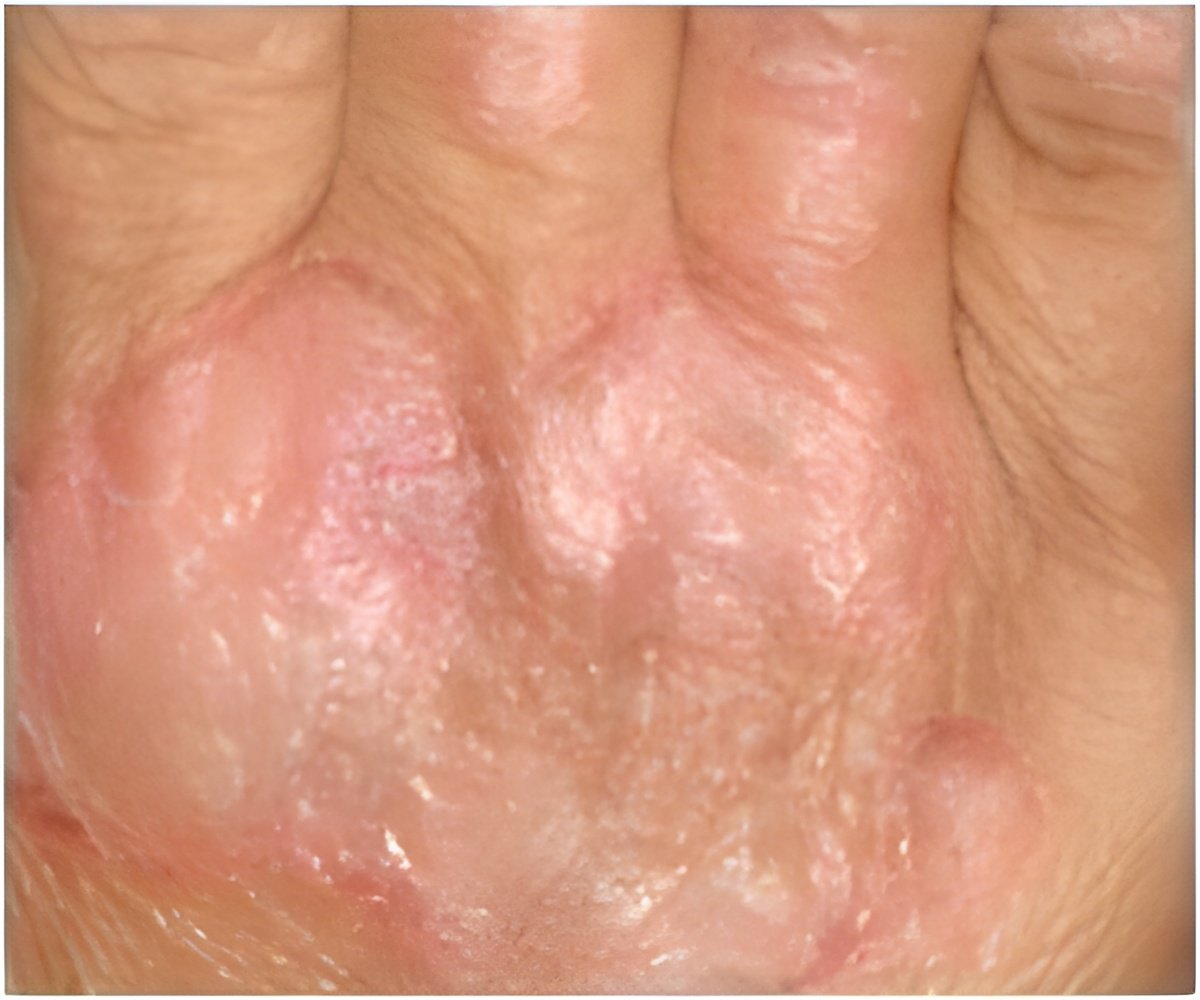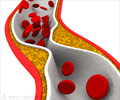Collaborative research from Perelman School of Medicine at the University of Pennsylvania has shown that psoriasis patients have an increased risk of heart attack, stroke

"Anecdotally, many researchers have observed that HDL levels may be lower in states of inflammation, such as rheumatoid arthritis, psoriasis and even obesity," said lead study author Nehal Mehta, MD, MSCE, director of Inflammatory Risk in Preventive Cardiology at Penn. "However, these new findings suggest that in addition to lower levels, chronic inflammation associated with conditions like psoriasis may change the composition and decrease the function of HDL as well."
In the current studies, researchers enrolled 78 patients with psoriasis and 84 control subjects. In the first study, the authors measured fasting lipid levels and examined the number and size of cholesterol particles using nuclear magnetic resonance (NMR) spectroscopy. This analysis revealed that patients with psoriasis had a higher number of smaller LDL particles, or "bad" cholesterol, which was independent of traditional risk factors and obesity. "It was striking that the NMR profiles from patients with psoriasis resembled those seen in patients with diabetes, and that these patients with psoriasis had otherwise normal traditional lipid panels" Dr. Mehta added.
In the second study, the researchers measured HDL efflux, which is the ability of a patient's HDL to remove cholesterol from cells involved in atherosclerosis. This process, known as 'reverse cholesterol transport', is why HDL may have protective properties. In a previous study, researchers at Penn have demonstrated that measuring HDL efflux capacity may be a more effective barometer of protection from heart disease than measuring HDL levels alone.
In this same group of patients who had normal cholesterol levels compared to controls, patients with psoriasis demonstrated dramatically reduced HDL efflux capacity compared to control patients. This negative association observed between psoriasis and HDL efflux persisted after adjusting for traditional lipid levels and other traditional risk factors, including body mass index (BMI).
"Patients with psoriasis had an approximate 25 percent reduction in the HDL efflux capacity than the controls, despite their relatively normal overall lipid profiles which leads to the question of whether function is more important than concentration in chronic inflammatory states" Dr. Mehta noted.
Advertisement
Source-Eurekalert















